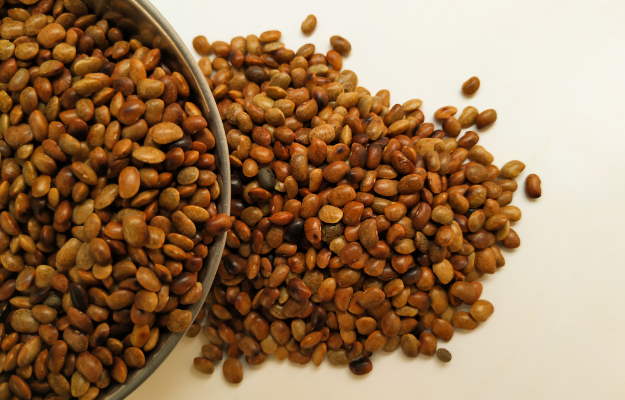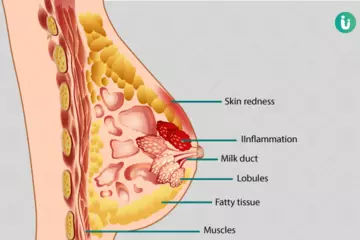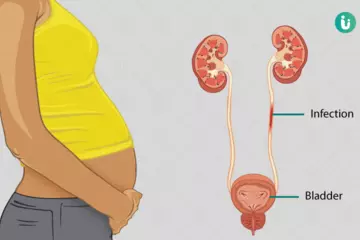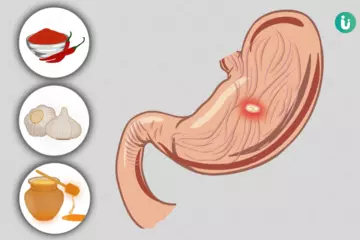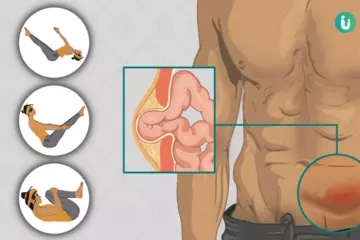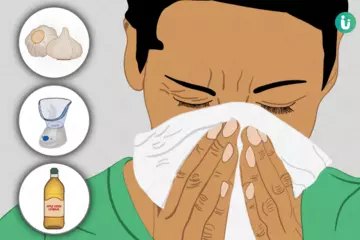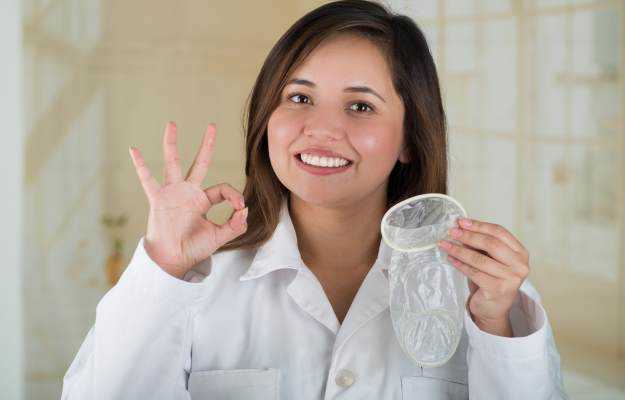Summary
Our kidneys are the foundation of cleansing the body of toxins and waste products. However, the development of small hardened structures in one or both the kidneys makes this process very discomforting and unpleasant. Kidney stones are generally more painful than they are serious. A condition that is seen more in the male population than in females, kidney stones are small, pebble-like hard growths in one or both kidneys. They vary in size, nature, colour and type. They develop due to the deposition of certain minerals. This deposition is the result of elevated levels of calcium, uric acid, or struvite or due to a condition called cystinuria (the leakage of cystine acid in the urine).
The most common visible changes are in the colour and odour of urine along with the need to urinate frequently, passing only small quantities each time. Additionally, pain in the lower back, lower belly, sides and groin may be experienced. Apart from elevated levels of acids and minerals in the body, other medical conditions, such as hyperparathyroidism, kidney ailments, digestive disorders and urinary tract infections (UTIs) also pose the individual at a higher risk of developing kidney stones. Diagnosis of kidney stones is established based on the individual’s medical history, a complete physical examination, blood and urine tests, X-rays, ultrasonography and CT scans.
Treatment depends on the size of the stone and may vary from simply waiting for it to pass in the urine to sound wave therapy using scopes that disintegrates the stone or even surgery. Prevention mainly revolves around drinking plenty of water, modifying the diet to avoid foods that cause mineral residues and lowering salt intake. Although there is a risk of relapse, the prognosis is generally good because kidney stones can be treated effectively if there is no hereditary influence. Complications, such as kidney damage or infection, UTI, obstructions in the ureter or kidneys and blood in urine may arise from kidney stones.

 Doctors for Kidney Stones
Doctors for Kidney Stones  OTC Medicines for Kidney Stones
OTC Medicines for Kidney Stones
 Lab tests for Kidney Stones
Lab tests for Kidney Stones Kidney Stones articles
Kidney Stones articles
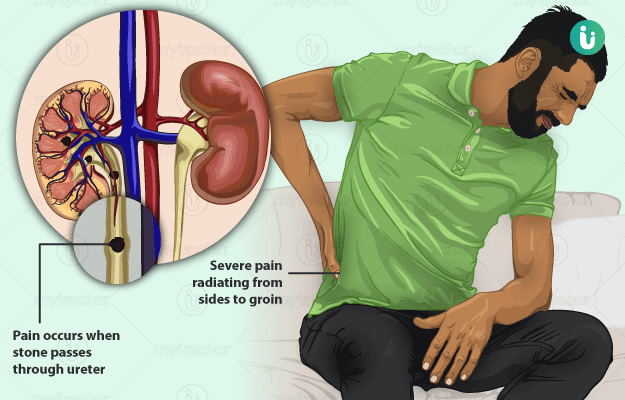
 Ayurvedic Treatment of Kidney Stones
Ayurvedic Treatment of Kidney Stones
 Diet for Kidney Stones
Diet for Kidney Stones
 Homeopathic Treatment of Kidney Stones
Homeopathic Treatment of Kidney Stones
 Yoga for Kidney Stones
Yoga for Kidney Stones

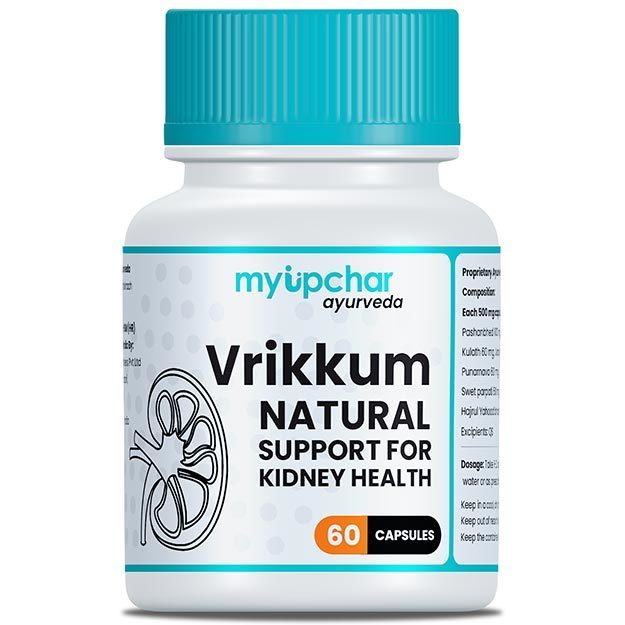
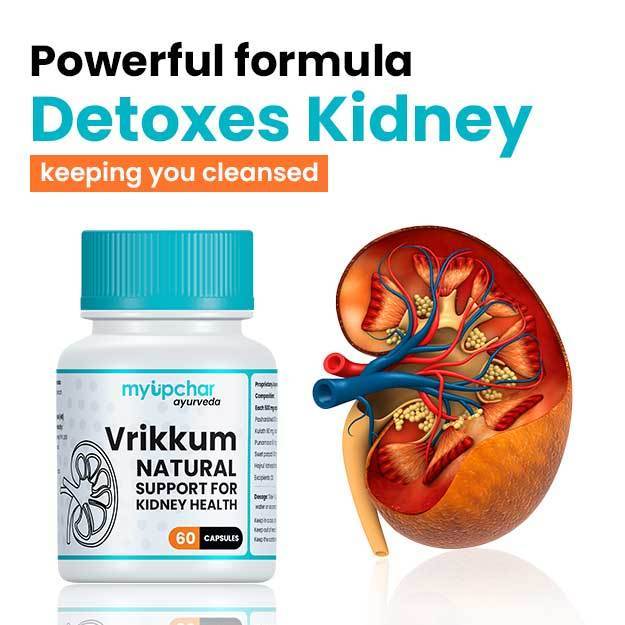
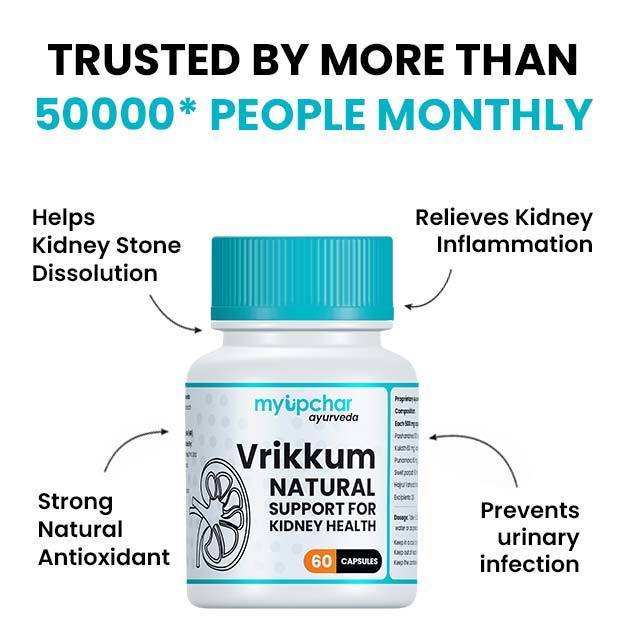
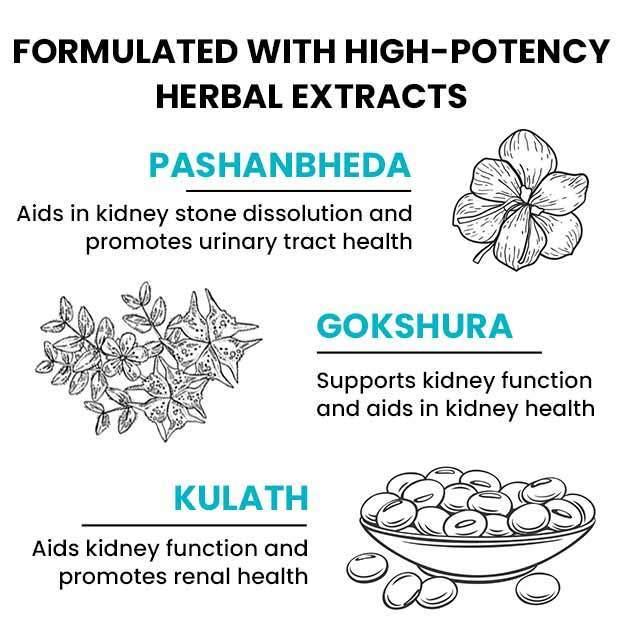
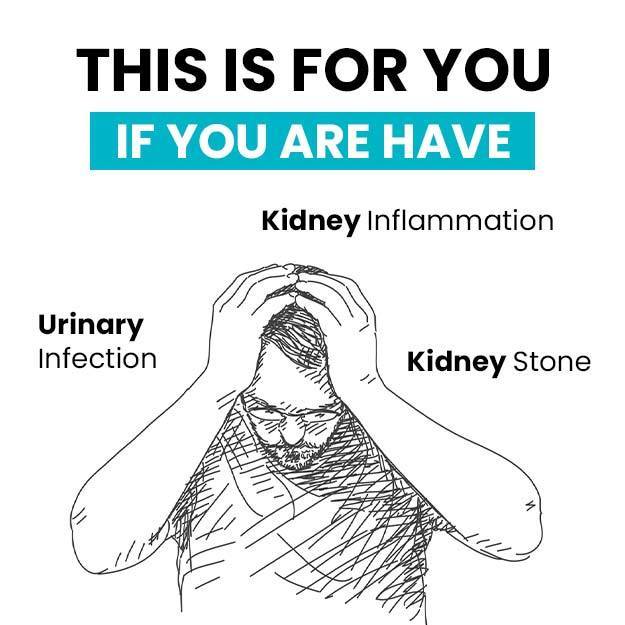
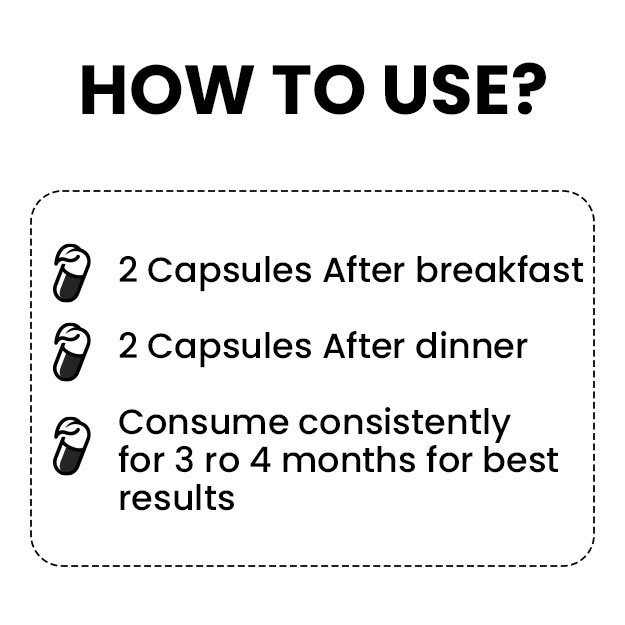







 Editorial Team
Editorial Team


